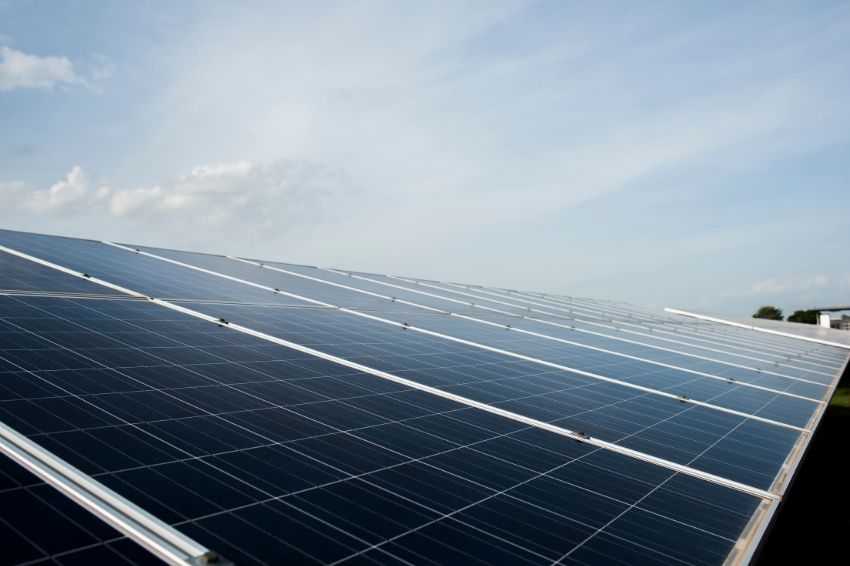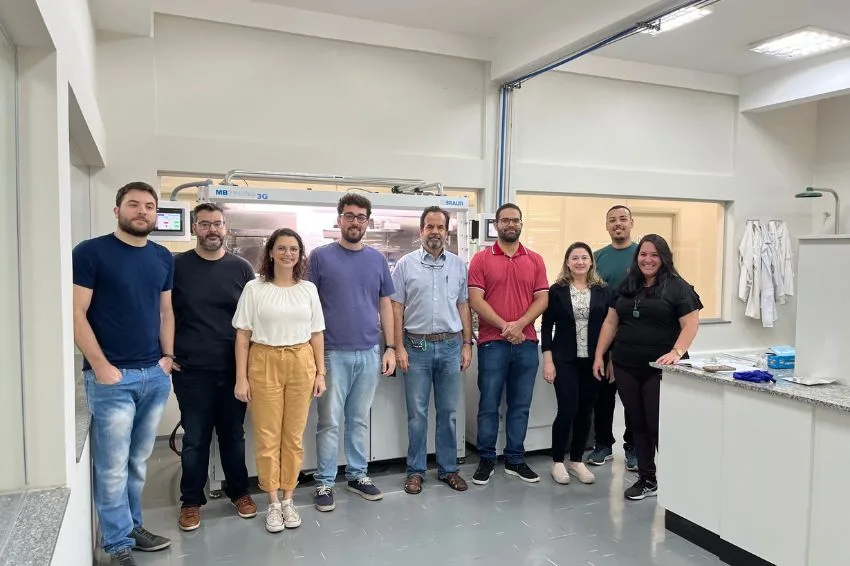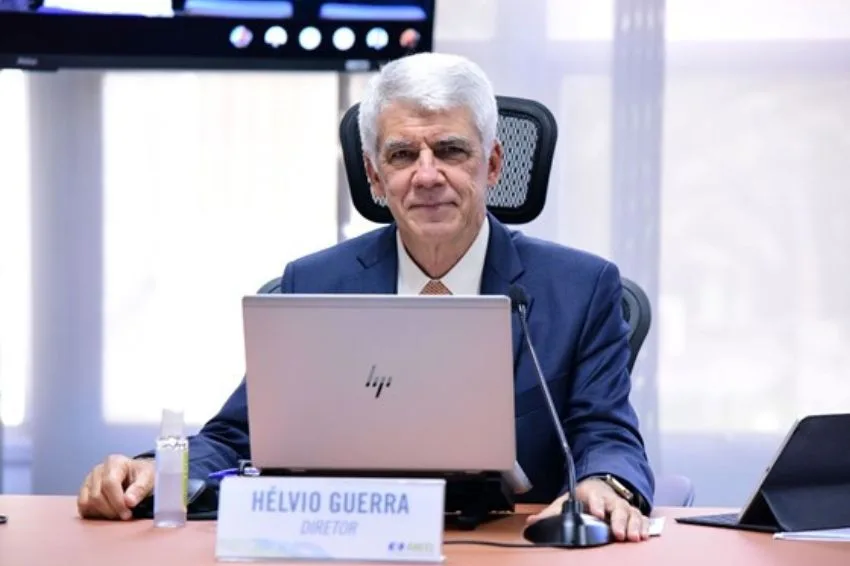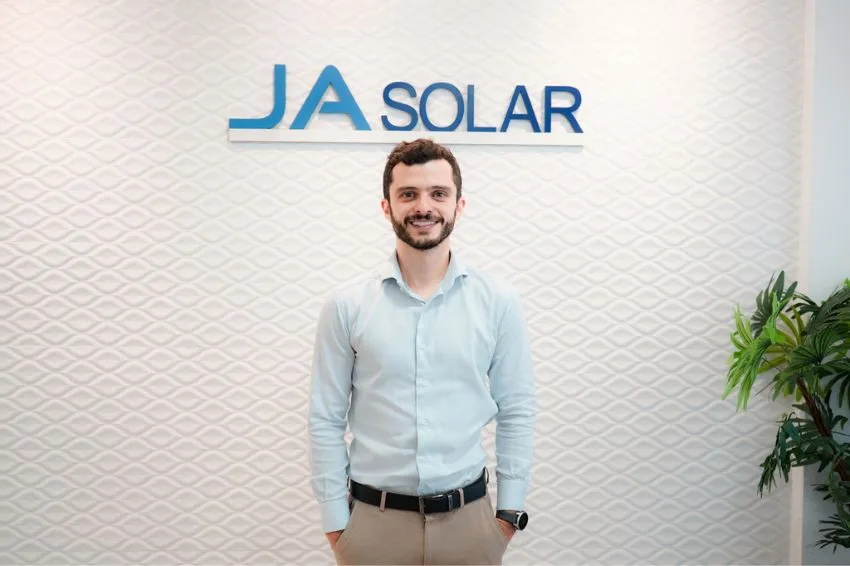The advantages offered by solar energy systems, in the midst of a scenario in which the value of the electricity bill continues to rise in Brazil, have called attention of several residential building managers.
The option of offering condominium owners the chance to subscribe to an economical and renewable 100% source is becoming increasingly common, to the point where condos be if interesting more in solar energy than in the installation of remote entrances and improvements to site security.
Us last eight years, between 2015 and 2022, the value of electricity bill registered a increase higher than the evolution of the country's official inflation, according to a study by Embraceel (Brazilian Association of Energy Traders).
In an interview with Solar Channel, Bruno Queiroz, new business manager at Cipa, a condominium administrator, highlights which shapes they exist on the market today for condominiums to adopt solar energy, which of them may be the most viable and what are their respective benefits.
Check it out below the main sections of the interview:

What are the main doubts that people, especially property managers, have regarding solar energy in residential condominiums?
In Brazil, there is still a very strong paradigm among people that is whether or not it makes sense to have a solar energy project in residential condominiums. In our opinion, it is an extremely viable investment, since, today, the electricity bill is one of the three biggest expenses for this type of enterprise, competing with personal expenses and water consumption.
Another very common question is whether there is a condition and technical feasibility for residential condominiums to receive a photovoltaic installation. This happens because when talking about solar energy the first thing that comes to mind is the system installed on a condominium roof, and this is not the only option. There are several other formats that are not tied to having an infrastructure within the condominium itself.
Even so, regardless of these doubts, what we noticed is that it is much easier to explain all these issues to the property managers than in previous years. We noticed that they are more open to understanding how technology works, precisely because the subject is increasingly popular. In the beginning, it was much more difficult to explain the format.
What options exist today for a residential condominium to receive the benefits of solar energy?
There are currently two models that are practiced, with no one being better than the other. What exists are conditions that need to be evaluated for each type of condominium.
Thinking about a local infrastructure, where the signs would be installed within the project, it ends up being an option with more aggressive credit. In other words, greater savings on the energy ticket, since we are talking about a local generator.
However, in practice, it is a less viable model as it is unlikely that there will be enough physical space within the condominium to cover 100% of residents' consumption. Furthermore, it is a model that requires a relatively high investment and needs regular maintenance.
In the case of the remote generation model, there is no need to make an investment. This occurs because the condominium partners through a solar farm to generate credits without having to have a system within the condominium. It is a subscription model, in which a contract is signed (generally for ten years) and the cost per kW is credited to the electricity bill.
It is a purchase that is much cheaper than paying the energy company. We have a partner today, for example, who has already implemented 11 solar energy projects in residential condominiums and the savings with the average ticket on the monthly electricity bill are around 15%, which is a very good value when you consider at the tip of the pencil the savings made over the years without the need, as I said, for an investment to acquire this technology.
For property managers who need to convince residents, especially older residents, who often end up being somewhat skeptical about some new developments, what tips would you give them so they can talk about this option?
I always joke that communication in condominiums is a complex art, but possible. In the case of solar energy, I would say there are two triggers that should be explored, because they are real and tangible.
The best thing is to tell condominium owners that they can save on their electricity bills without having to make any type of investment, through remote self-consumption. It is a factor that touches any resident, regardless of age.
When solar energy arrived on the property market, it came with the idea that it was necessary to install a system in the condominium itself, while remote energy only arrived later.
This became latent in the minds of people who – in order to save money through a solar energy system in a condominium – started to believe that the only way is to have to make an investment that will increase the condominium quota, when, as we have seen, it is not the only option.
In addition to talking about the economy, another argument that can be taken by the liquidators is the sustainable agenda, since people are increasingly engaged with environmental issues. For almost all of them, knowing that their condominium is contributing to the future of the next generations is also an argument with strong acceptance.
All the meetings we held with our clients, where the property manager provides these explanations to the other residents, together with one of our technicians who we sent to the site to assist with any queries, the experience was great and well accepted by the residents.
















